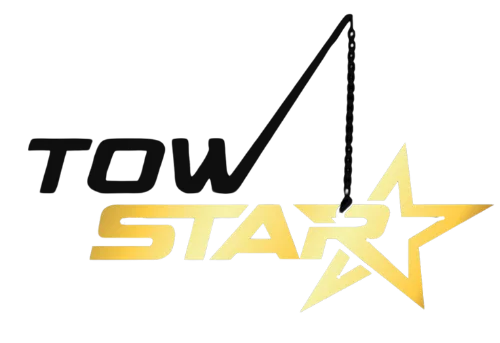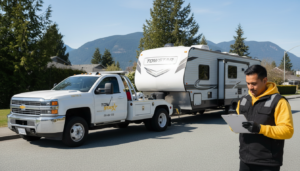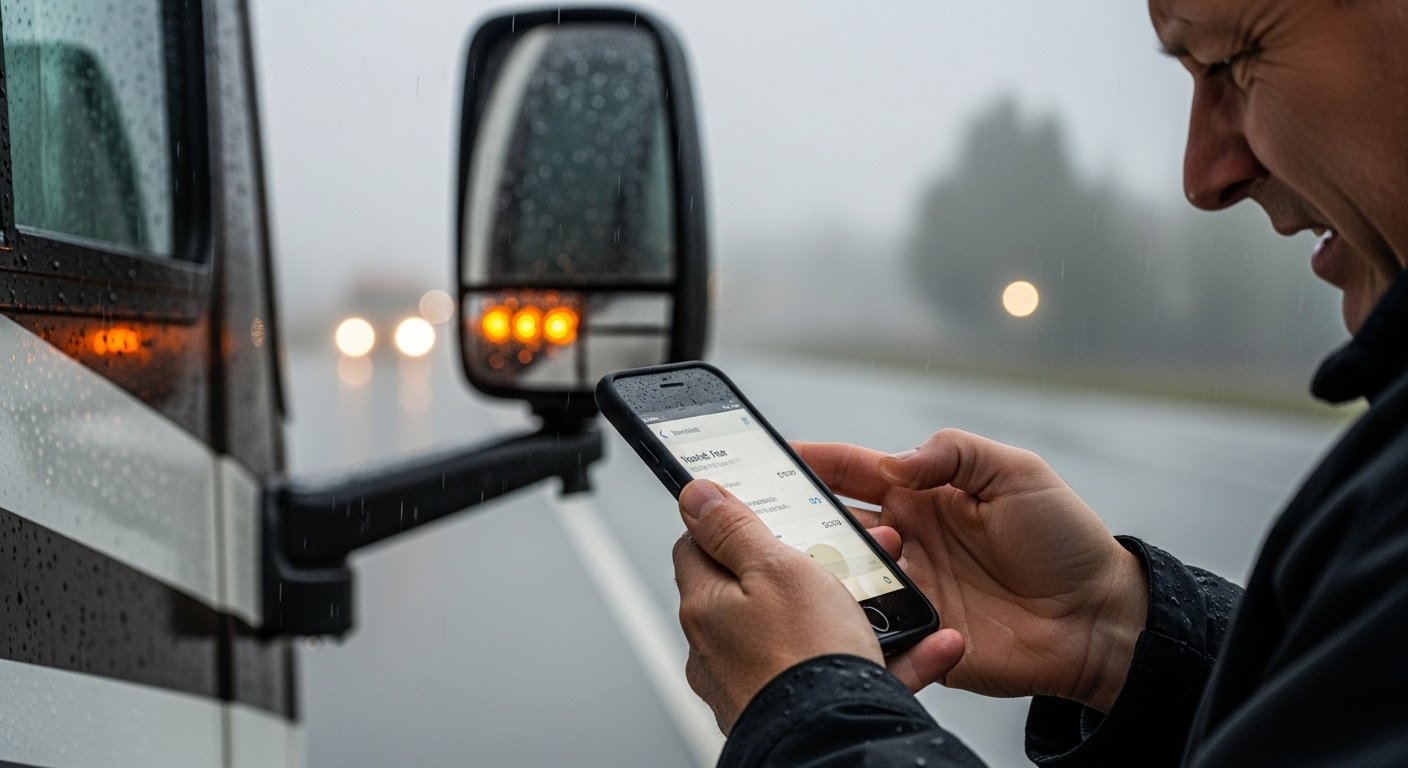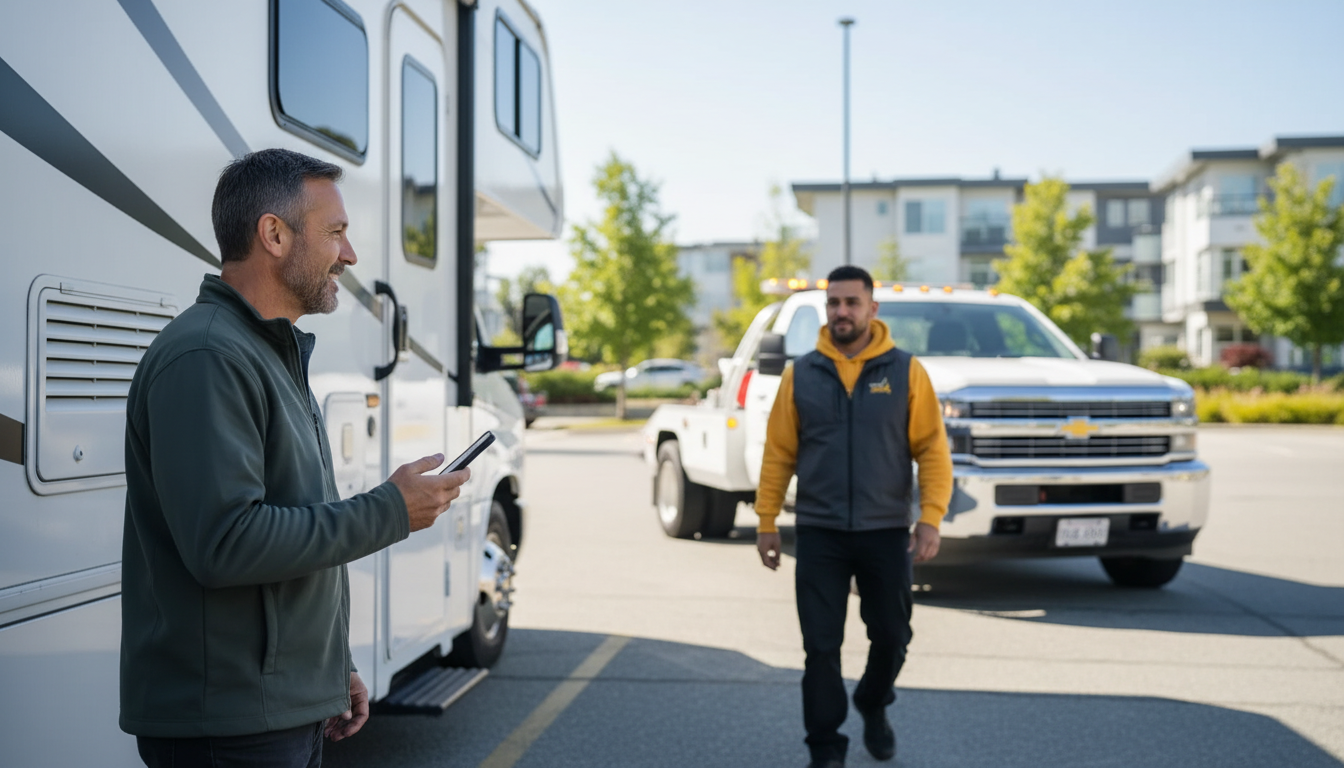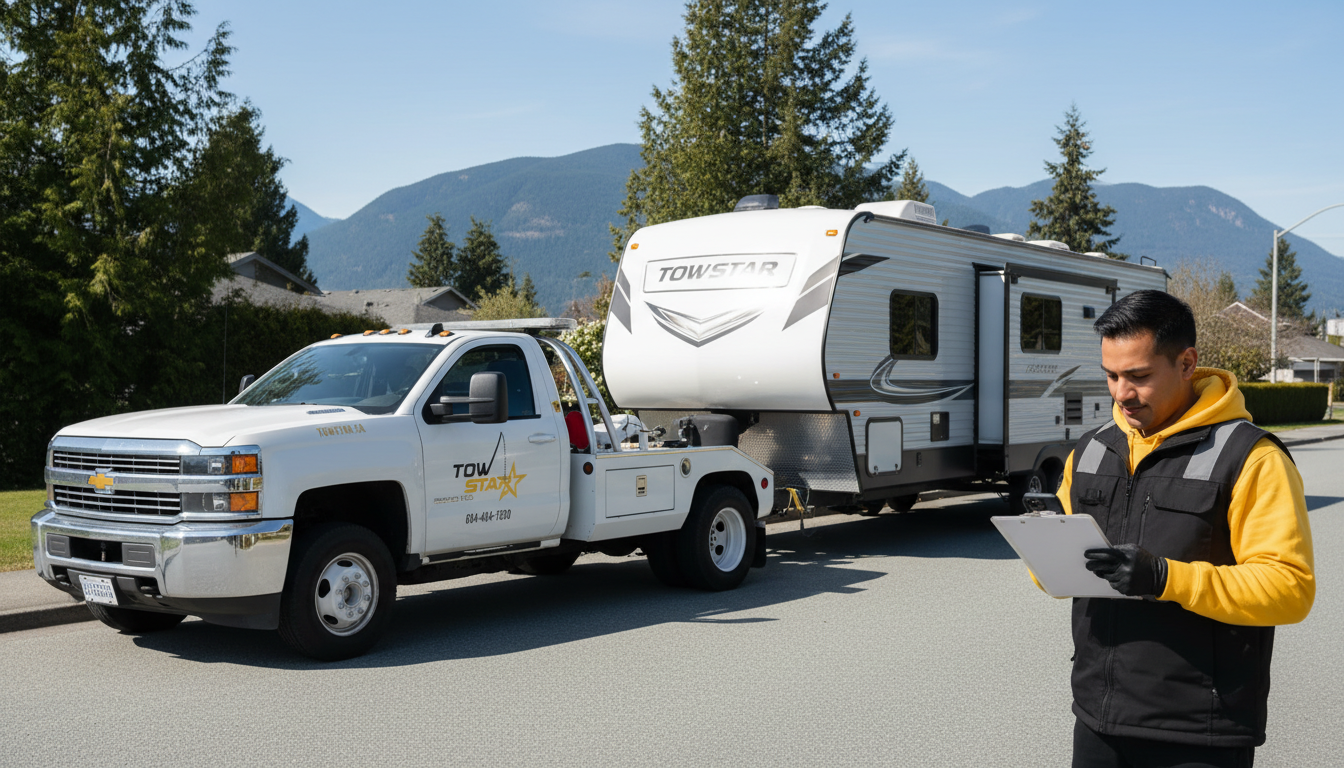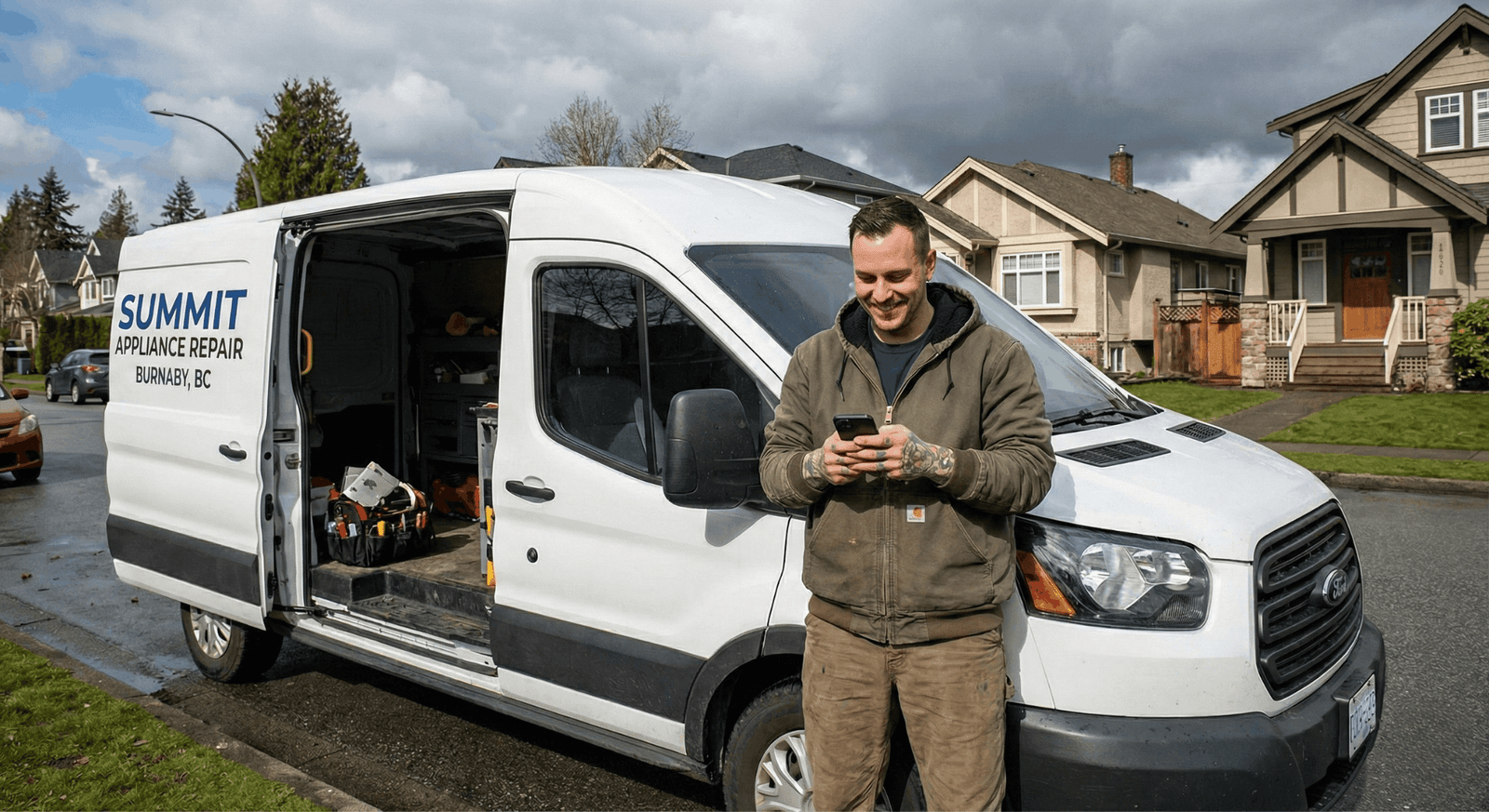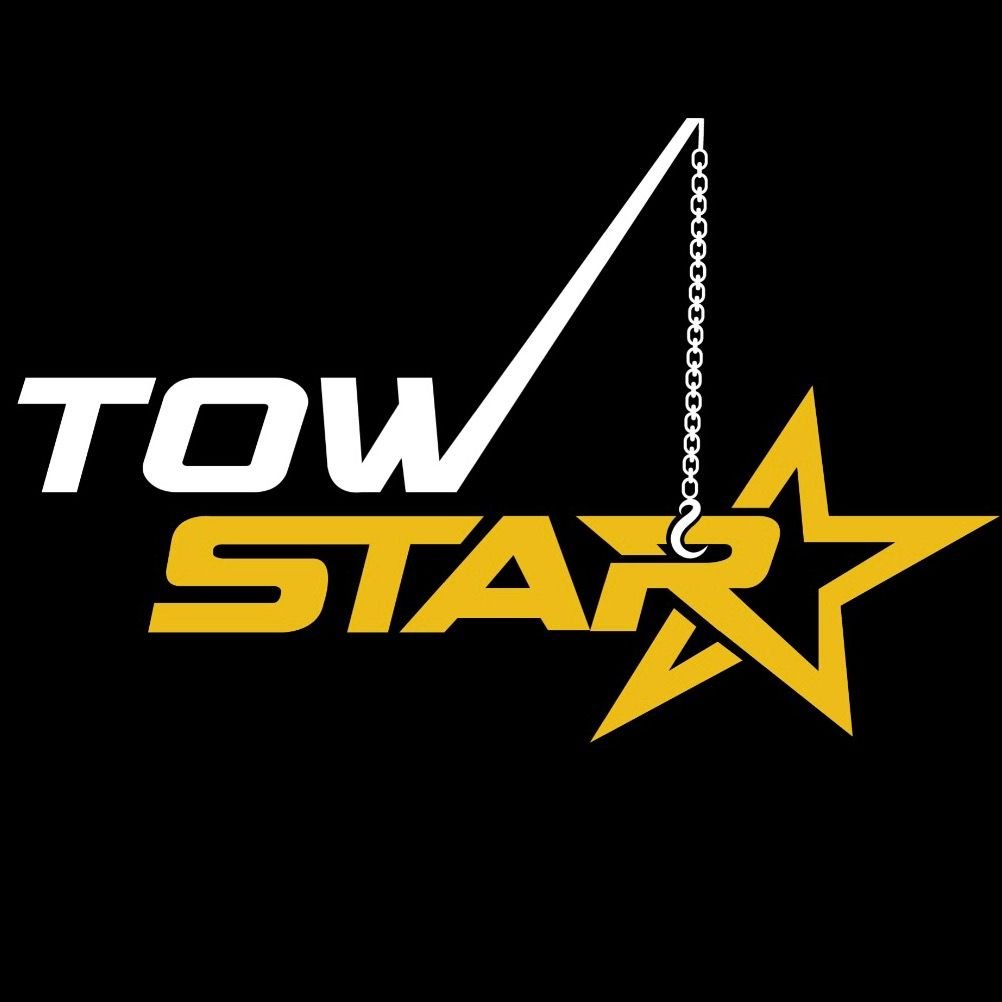Understanding heavy duty towing services in British Columbia can be tricky. When big vehicles like construction equipment, trucks, or RVs need to be moved, it’s a big job. These heavy vehicles, over 10,000 pounds, need special care and skills. Additionally, it’s essential to consider that heavy duty towing requires specialized equipment and trained professionals, which can impact pricing. Factors such as distance, the type of vehicle being towed, and the urgency of the service can all influence heavy duty towing costs in BC. It’s advisable for customers to compare quotes and assess the level of service provided to ensure they receive the best value for their needs.
In Vancouver and BC, towing services are key for keeping things moving. Towing experts know how to handle big vehicles safely and quickly. These professionals are equipped with specialized tools and knowledge to manage any situation, from flat tires to accidents involving larger vehicles. For those in need of reliable heavy duty towing services in BC, these experts provide prompt assistance, ensuring that drivers can get back on the road without unnecessary delays. Their commitment to safety and efficiency makes them an essential resource for both personal and commercial needs.
Key Takeaways
- Heavy-duty towing handles vehicles over 10,000 pounds
- Specialized equipment is critical for safe transport
- Professional training ensures successful equipment towing
- BC has strict safety regulations for towing services
- Diverse tow truck fleets accommodate different vehicle sizes
Understanding Heavy Duty Towing Services
Heavy duty towing is the go-to for moving big vehicles and industrial gear in British Columbia. It’s not just about towing cars. It’s about handling huge loads that regular tow trucks can’t handle.
What is Heavy Duty Towing?
Heavy duty towing deals with vehicles and equipment over 17,000 pounds. It’s not your usual roadside help. It needs special trucks, advanced tools, and skilled pros to move big loads safely.
Importance of Heavy Duty Towing
- Keeps commercial transport running
- Helps construction and industrial sectors
- Ensures quick recovery of big disabled vehicles
- Reduces economic loss from vehicle breakdowns
Types of Vehicles Serviced
| Vehicle Category | Weight Range | Towing Complexity |
|---|---|---|
| Semi-Trucks | Over 26,000 lbs | High |
| Construction Equipment | 20,000-45,000 lbs | Very High |
| Large RVs | 10,000-22,000 lbs | Medium |
| Buses | 15,000-35,000 lbs | High |
Our heavy duty towing services tackle tough transport needs. We ensure your valuable vehicles and equipment are moved safely and efficiently across British Columbia. Our experienced team utilizes state-of-the-art equipment to handle even the most challenging situations, guaranteeing a smooth and reliable experience for our clients. Whether you require emergency recovery or scheduled transport, our heavy duty towing in BC is designed to accommodate all your needs. Trust us to protect your investment while providing timely and professional service, no matter where you are in the province. Our commitment to customer satisfaction means we are always ready to go the extra mile for you. With our heavy duty towing services in BC, we prioritize your peace of mind, ensuring that every transport is executed with the utmost care and precision. Plus, our team is available 24/7, so you can count on us to be there when you need us most, regardless of the time or location. Additionally, our extensive network across British Columbia allows us to quickly respond to any situation, minimizing downtime and getting you back on the road as soon as possible. We understand the unique challenges posed by the rugged terrain and varying weather conditions, which is why our heavy duty towing services in BC are specifically tailored to meet these demands. When you choose us, you’re choosing a partner committed to reliability, safety, and excellence in every aspect of transport logistics.
The Process of Heavy Duty Towing
Emergency towing of large vehicles and heavy machinery needs precision and special skills. It’s more complex than towing regular cars. It involves detailed steps to ensure safety and efficiency.
Initial Assessment
Professional towing operators start with a thorough check of the situation. They look at:
- Vehicle weight and size
- Where it is and the terrain
- Any challenges in recovery
- The equipment needed
Safety Considerations
Safety is key in towing heavy-duty vehicles. Tow operators get a lot of training. They learn about:
- How vehicles move
- Assessing risks
- Using equipment right
- What to do in emergencies
Equipment Used
Heavy-duty towing needs strong equipment for big challenges. Modern tow trucks have cool tech like rotating booms and air cushion systems. These help move vehicles over 10,000 pounds safely.
Important tools include:
- Strong winches for pulling heavy loads
- Special flatbed trailers
- GPS for navigation
- Systems to keep vehicles stable
With a 95% success rate, heavy-duty towing services are reliable for tough transport jobs.
Steps Involved in Heavy Duty Towing
When you’re facing a tough vehicle transport situation, knowing the heavy haul transportation process is key. Professional Roadside Assistance teams use a systematic approach for safe and efficient vehicle recovery.
Step 1: Contacting a Towing Service
Your first step is to call a professional towing service. For heavy-duty vehicles over 26,000 pounds, you need experts in complex towing. They can handle everything from large commercial trucks to heavy machinery.
Step 2: Service Dispatch
After you contact them, the towing company acts fast. Their dispatch team picks the right crew and equipment for you. They make sure a tow truck strong enough to lift up to 25 tons is ready for your vehicle. Once the crew arrives, they conduct a quick assessment to ensure your vehicle is handled with care. With their expertise and advanced tools, you can trust that your vehicle will be towed safely and efficiently. For dependable assistance at any hour, you can count on their 24/7 towing services in Burnaby, ensuring you’re never left stranded, day or night.
- Matching the right truck to your vehicle’s weight
- Preparing specialized heavy-duty towing equipment
- Checking driver availability and proximity
Step 3: On-Site Evaluation
When they arrive, towing experts do a detailed on-site check. They look at the vehicle’s condition, think about challenges, and plan the recovery. This step is vital to avoid damage during towing.
Step 4: Vehicle Recovery and Transport
The last step is to safely move your vehicle. Experts use heavy-duty chains, wheel lifts, and special securing methods. They make sure your vehicle gets to its destination without a hitch.
- Secure vehicle using appropriate towing equipment
- Carefully load and position the vehicle
- Transport using safe, calculated routes
- Perform post-towing inspection
Key Equipment for Heavy Duty Towing
Professional towing services use special tools and machinery for tough recovery missions. The right equipment is key for safely moving big vehicles and machinery in British Columbia’s varied terrain.
Winch-Out Services need advanced tools for extreme weight and complex recoveries. Towing teams use the latest technology for safe and efficient vehicle transport.
Tow Trucks: The Powerhouses of Recovery
Heavy-duty tow trucks are amazing feats of engineering. They can lift up to 75 tons, essential for tough recovery jobs. They have:
- Powerful hydraulic systems
- Advanced stabilization mechanisms
- Specialized winching capabilities
Specialized Equipment for Complex Recoveries
Modern towing pros have a wide range of tools for Equipment Hauling:
| Equipment Type | Primary Function |
|---|---|
| Rotator Tow Trucks | 360-degree rotation for complex recoveries |
| Lowboy Trailers | Transport oversized equipment safely |
| Air Cushions | Lift and stabilize heavy vehicles |
Safety Gear for Towing Professionals
Winch-Out Services need strict safety rules. Operators wear special gear like:
- High-visibility safety vests
- Reinforced work gloves
- Steel-toed boots
- Hard hats with communication systems
These pros are often WreckMaster certified. This means they know the detailed techniques for safe heavy-duty towing.
Licensing and Regulations in BC
Understanding the rules for Heavy Duty Towing Services in British Columbia is key. It’s not just about moving vehicles. It’s about following strict standards to keep everyone safe.
The British Columbia Ministry of Transportation and Infrastructure has strict rules for towing companies. These rules make sure every towing service is safe and follows the rules.
Licensing Requirements for Towing Companies
To work legally in BC, towing companies need to meet several important rules:
- Get an operating license from ICBC
- Have at least $2 million in liability insurance
- Make sure drivers have the right commercial driver’s licenses
- Pass safety checks every quarter for tow trucks
Provincial Regulations to Follow
BC’s truck towing rules cover many areas, like vehicle specs and customer safety:
| Regulation Category | Key Requirements |
|---|---|
| Vehicle Standards | Meet commercial insurance standards, adhere to weight limits |
| Safety Protocols | Use proper lighting, safety signals, and specialized equipment |
| Customer Protection | Disclose rates upfront, provide itemized receipts |
Not following these rules can lead to big fines and even losing your license. BC’s strict rules help keep Heavy Duty Towing Services safe and reliable.
Costs Associated with Heavy Duty Towing
Understanding the costs of heavy duty towing is key to being ready for vehicle emergencies. Roadside Assistance prices can change a lot. This depends on several important factors that affect your total cost.
When you face an Emergency Towing situation, knowing what affects prices is vital. Towing a big vehicle needs special tools and skills. These factors increase the cost.
Factors Influencing Costs
- Vehicle type and weight
- Distance of towing
- Time of day (after-hours services)
- Complexity of recovery
- Additional service requirements
Average Pricing in British Columbia
| Service Type | Base Price Range | Additional Charges |
|---|---|---|
| Local Towing | $80 – $150 | $2 – $4 per kilometer |
| Heavy-Duty Truck Towing | $500 – $1,500 | Varies by complexity |
| After-Hours Service | Additional $50 – $100 | Depends on time and location |
Insurance Considerations
Your insurance might cover some Emergency Towing costs. Check with your provider to see what Roadside Assistance benefits you have. Some plans can help a lot by covering or part of the towing costs.
Always ask for a detailed quote before getting towing services. Clear pricing helps you make better choices when your vehicle breaks down.
Common Scenarios Requiring Heavy Duty Towing
When industrial towing challenges come up, getting help from pros is key. They make sure equipment is moved safely and efficiently. This is true for unexpected breakdowns and tricky recovery jobs.
Industrial towing faces many critical situations that need quick help. Knowing these helps vehicle owners get ready and act fast.
Accidents Involving Commercial Vehicles
Accidents with big trucks are tough for towing pros. Trucks over 26,000 pounds need special equipment hauling methods for safe moving.
- Jackknifed trucks blocking highway lanes
- Collision-damaged commercial transportation
- Vehicles requiring complex stabilization
Heavy Machinery Breakdowns
When heavy machinery breaks down, moving it is urgent. Problems like transmission, brake, or electrical issues can stop expensive equipment.
| Breakdown Type | Potential Risks | Towing Necessity |
|---|---|---|
| Transmission Failure | Complete vehicle immobilization | Immediate professional towing |
| Brake System Malfunction | Safety hazards | Urgent recovery required |
| Electrical System Issues | Unpredictable shutdowns | Specialized equipment transport |
Off-Road Recovery Situations
Industrial towing is great at getting vehicles out of tough spots. This includes trucks stuck in mud or equipment on uneven ground. They make sure it’s done safely.
- Precise vehicle stabilization techniques
- Specialized recovery equipment
- Expert operational knowledge
Professional towing knows each situation needs a special plan. They aim for safety and efficiency in moving equipment.
Advantages of Professional Heavy Duty Towing
When you face a tough vehicle recovery situation, professional Heavy Duty Towing Services are your best solution. Not all towing challenges are the same. Large, complex vehicles need special handling.
Professional towing experts offer unmatched advantages. They are the top choice for Flatbed Towing and complex vehicle transport. Here’s why you should rely on them:
Expertise and Experience
Professional heavy-duty towing operators have deep knowledge. They know more than just how to move vehicles. They understand:
- Intricate vehicle attachment techniques
- Complex weight distribution strategies
- Safe navigation through challenging road conditions
- Specialized equipment handling
Safety Assurance
Safety is the number one priority in Heavy Duty Towing Services. Professional teams follow strict safety protocols. These protect vehicles and people during transport.
| Safety Feature | Professional Approach |
|---|---|
| Equipment Inspection | Comprehensive pre-tow equipment checks |
| Risk Mitigation | Advanced techniques to minimize damage |
| Emergency Preparedness | 24/7 response with trained personnel |
Time Efficiency
Professional Flatbed Towing services know time is key. They have quick response and recovery processes. This saves you time and money.
Choosing experienced Heavy Duty Towing Services means you get expertise, safety, and efficiency. DIY approaches can’t match this.
Choosing the Right Heavy Duty Towing Service
When you face a vehicle emergency, picking the right Emergency Towing service is key. Not all towing companies are the same. Knowing what to look for can save you time, money, and stress.
Your Roadside Assistance partner should be more than just a tow truck. They should be a reliable problem solver who understands your specific needs.
Critical Factors to Evaluate
- Licensing and professional certifications
- Range of specialized equipment
- Proven track record of successful recoveries
- Coverage area and response times
Reputation Matters
In today’s world, customer reviews are very important. Look for consistent positive feedback that shows:
- Professional communication
- Timely service
- Transparent pricing
- Technical expertise
24/7 Availability: A Non-Negotiable Requirement
| Service Availability | Impact on Customer Experience |
|---|---|
| Limited Hours | High customer frustration |
| 24/7 Service | Reliable support anytime |
| Quick Response | Minimized vehicle downtime |
Remember, your ideal towing service should feel like a trusted partner. They should be ready to help you whenever you need it. Taking the time to research and choose the right provider can save you a lot of trouble.
Heavy Duty Towing Customer Expectations

When you need truck towing or heavy haul transportation, knowing what to expect helps. Professional towing services aim to be clear and reliable in tough situations.
Communication Process
Good communication is key in heavy haul transportation. You can expect:
- Real-time updates about your vehicle’s status
- Clear explanations of the towing process
- Estimated arrival and completion times
- Direct contact with the assigned towing professional
Timelines for Service
How fast truck towing services respond varies. Most aim to arrive in 30-60 minutes. Several things affect this time:
- Distance to your location
- Current traffic conditions
- Complexity of the vehicle recovery
- Available equipment and personnel
Client Responsibilities
To make towing smooth, you have a big role. Be ready to:
- Provide accurate vehicle information
- Share precise location details
- Have necessary documentation ready
- Ensure clear access for towing professionals
Knowing these expectations helps you deal with heavy duty towing services confidently.
Future Trends in Heavy Duty Towing
The heavy-duty towing industry in Canada is changing fast. New technologies and practices are making services better. GPS and telematics help track vehicles in real-time, cutting down response times.
Towing services will soon be more efficient and quick. They will also use more data to improve their work. This means faster and more reliable help when you need it.
Eco-friendly towing is becoming a big deal in British Columbia. Electric and hybrid tow trucks are cutting down on emissions and costs. Companies are also using green fluids and better fuel management to meet environmental rules.
These changes are making towing services better for the planet. They also attract customers who care about the environment.
The future of heavy-duty towing will bring smart tech and new customer needs. Tow trucks are getting smarter, with features like automatic braking. IoT helps keep vehicles in top shape, and apps make getting help easier than ever.
Technology Integration
Modern towing uses advanced tech to work better. Automated winching and diagnostic tools are raising the bar. Expect faster, safer, and more reliable towing as tech keeps improving.
Eco-Friendly Practices
Sustainability is key for towing services now. Companies are using clean energy and helping with electric vehicles. Mobile charging and lower carbon emissions are becoming the norm.
Evolving Customer Needs
Towing services are growing beyond just towing. They now offer roadside help like tire changes and fuel delivery. As needs change, towing companies are adapting to meet them.
FAQ
What exactly is heavy duty towing?
Heavy duty towing is for moving big vehicles like semi-trucks and buses. It’s for vehicles that regular tow trucks can’t handle. It’s like a superhero for the biggest vehicles on the road!
How much does heavy duty towing cost in British Columbia?
Costs vary a lot, from a few hundred to thousands of dollars. It depends on the vehicle, how far it needs to go, and when. Always ask for a detailed quote from a towing service.
What types of vehicles can heavy duty towing services handle?
They can move semi-trucks, buses, RVs, and even construction equipment. This includes cranes and cement mixers. They handle big commercial and industrial vehicles too.
Are heavy duty towing services available 24/7?
Yes, most services in BC are ready 24/7. They help any time, day or night. Vehicle breakdowns don’t wait for a good time!
What should I prepare when calling for heavy duty towing?
Have all the details ready. Tell them about your vehicle, where it is, the problem, and any access issues. The more info you give, the quicker they can help.
Do I need special insurance for heavy duty towing?
Check your insurance policy. Some cover towing, others don’t. Talk to your provider to see what you’re covered for.
How long does a heavy duty tow typically take?
Time varies based on the situation. Size, location, and complexity of the recovery matter. They’ll give you an estimate when you call.
What safety measures do heavy duty towing services use?
They use special equipment and follow strict rules. This includes reinforced trucks, heavy-duty winches, and protective gear. They assess the site carefully and plan the recovery safely.
Can heavy duty towing services help with off-road recoveries?
Yes! They’re experts at getting vehicles out of tough spots. This includes forest roads, muddy areas, and more. They have the right gear for these jobs.
What qualifications do heavy duty towing professionals need in BC?
They need special licenses and training. They must follow provincial rules. This ensures they can safely handle big towing jobs.
